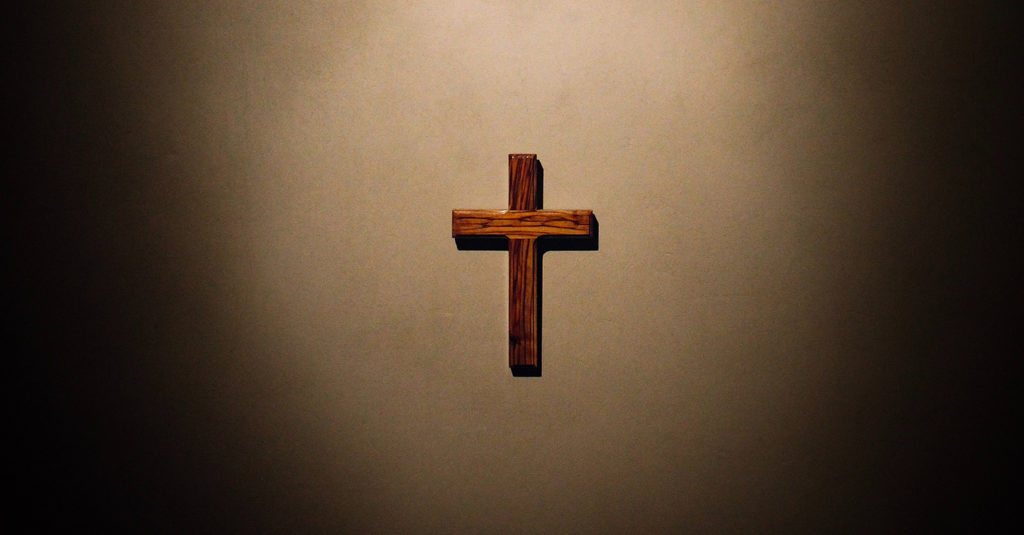Ismail was just thirteen years old, barely blooming into his adolescent years. He was gentle and kind, with a heartwarming smile.
I didn’t know Ismail. I don’t know what his hopes and dreams were, what made him laugh, what his life was like. I have no idea what he thought as he laid there in his hospital bed, breathing his last breaths.
All I know is that he died alone and he was buried alone. His family weren’t there. His friends weren’t there. His coffin was lowered into the ground by strangers wearing hazmat suits and face masks. His parents couldn’t even watch the burial on livestream.
Many of us will have heard the story of Ismail, one of the youngest victims of Covid-19, and felt a deep sense of loss and hopelessness at this tragic end to his life.
When we hear stories like this, stories of real people going through profound suffering in this pandemic, we naturally start asking questions. I think this offers a clear explanation why churches (now streaming online) have seen a huge surge in ‘virtual’ attendance. We’re struggling to make sense of this mess we’re in and we’re wondering where God might be in the midst of so much pain. We’re asking questions like Is God real? Is he good? Does he actually care about us? Can he really help us when we are in trouble?
So where is God in Covid-19? Some might claim that he is in the beautiful acts of kindness we have shown to one another; the way our communities have bonded together again; and how we have experienced a stripping away of our tethering to busyness and distraction, with more time to contemplate and be with our families. I don’t dispute that God can be in these things, but I don’t think they answer our question.
Without wanting to sound like I’m in any way comparing my own life to the tremendous hurt I see around me right now, I have, as it happens, been asking this question consistently and urgently for the past few months — before coronavirus hit us. I won’t bore you with the details, but let’s just say that after a truly crap year last year, I brought in 2020 with a trip to A&E and losing my home. Something broke in me at this point. As a Christian, I’ve believed in God since I was 12 years old and I believe he loves me and is fundamentally good. But this time I was really angry at him. I was in a lot of pain and I just wanted an answer.
After months of wrestling with this, I am convinced that there is only one way to know where God is in coronavirus — and indeed, in all the painful episodes of our lives. There is only one way to know whether God is good or not. I think the answer is found in this truth: God doesn’t just see our suffering, he has experienced it himself.
Many think of Jesus, the central figure of Christianity, as being a good teacher, peacemaker or rebellious anti-authoritarian — a bit like Gandhi. But what makes the Christian faith different from all other religions and beliefs is that it claims that God came down to earth, in the form of the person of Jesus, in order to suffer. Not just to suffer in a small way, but to suffer the worst pain anyone has ever experienced: to suffer on behalf of humanity.
Jesus knows what it is to lose people he loves. He knows what it is to feel fear, distress and physical agony. He knows what it is like to be utterly isolated.
He doesn’t offer us platitudes or meaningless affirmations to get us through; he shows us he understands and that he is a God who cares, by what he endured on our behalf, through dying a brutal death in order to save us. This is why I think the Christian faith offers a unique response to suffering: no other belief shows a heart of God like this — a God who would do this because of his love for us.
Remembering that Jesus willingly entered into the suffering of humanity is the only thing that has got me through this time. It’s the only truly sufficient response to pain. It means that, in this awful crisis we are going through, where we read stories like those of Ismail and so many others, we can know that God cares infinitely about this boy’s suffering and understands it more than any of us ever could.
Only a God whose very heart knows the essence of affliction can comfort us. As we reach the end of ourselves and our ability to make sense of Covid-19, there is only one thing on offer to us and that is knowing the one who gives us rest for our souls, if we will only come to him.





